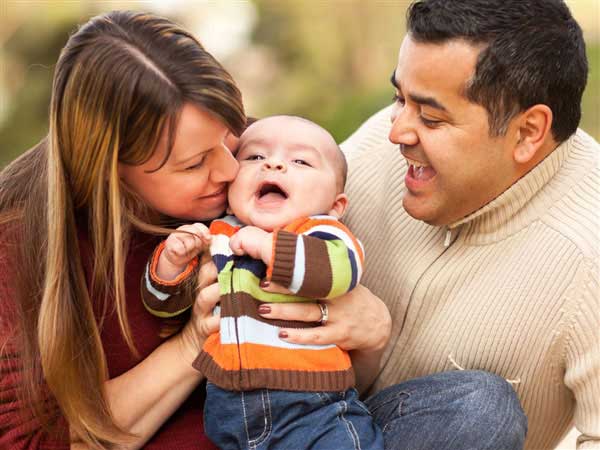Perimenopause is a recently coined term used for the years preceding menopause, which acts as a warning sign for the end of reproductive years. Chances of getting pregnant during perimenopause are slim but not impossible. With advancement in medical technology, it is now possible to get pregnant during perimenopausal years. With medical assistance, successful pregnancy is possible during perimenopause. Learn about this more, read on.What is Perimenopause?
A lot of people are yet to know about the term perimenopause. This is a stage in a woman’s life that usually falls during her forty-fifth to fiftieth years. For majority of the woman, menopause commences from or after forty-five. This is naturally a period when her fertility status is very low or rather absent in some cases. But it can well be the case that a woman desires to become pregnant during her perimenopausal years. Apparently this prospect might seem outright improbable, but with the advancement in medical technology, this can be made possible too.
Apart from the plummeting fertility points, the woman is exposed to an enhanced risk of miscarriage and still births. There are wide chances that the baby is born with congenital defects and Down’s syndrome. Once these risks are taken duly care of, it is indeed possible to have a healthy pregnancy and give birth to a healthy baby as well.
So before getting pregnant during these perimenopausal years, it is advisable to seek expert advice on how and exactly when you should proceed with the pregnancy plan, so that there are maximum chances of an enjoyable and risk free pregnancy.
Given Below are a Few Tips That Can Help You
Perimenopause should be confused with menopause. The latter is when the reproductive system virtually stops in a woman, while the former is more of a warning symptom that your reproductive years are drawing to a close.
There is no fixed age when this perimenopause will commence. It varies from woman to woman. In some women, it can start after 45 years while in some it can be experienced after 35 years. So it is best to know your body well and understand the signals given out and consult with the doctor in due time. It has also been seen that in some women, the perimenopause starts as late as 60!
The perimenopause period stays for about a couple of years to five years at a stretch and in some cases, it can continue up to a decade.
What Are the Symptoms of Perimenopause?
1. Irregularity in your menstrual cycle
2. Frequent spotting
3. Hot flushes
4. Rapid mood swings
How Does This Affect Fertility?
Since this period marks the slowing down of the reproductive system, the sex hormones get affected very prominently. The two major hormones, estrogen and progesterone levels fall thereby making your menstrual cycle irregular. The eggs released by your ovaries also fall in number and ovulation also does not take place every month. These are the reasons that woman finds it difficult to conceive.
Treatments for Getting Pregnant During Perimenopause
Here are some treatments for getting pregnant during perimenopause
Clomiphene: The process of ovulation is triggered by the fertility drug Clomiphene citrate. It also increases the number of eggs that are being released. The drug can enhance the pregnancy rates by 30%.
FSH: FSH or follicle stimulating hormone induces ovulation. They can dramatically increase pregnancy chances and are usually used along with IUI.
IVF: With the direct placement of an externally fertilized egg in the uterus of the woman undergoing perimenopause, success rates of pregnancy are heightened by as much as 25%.
Egg Donation: This is an effective option where an egg is obtained from a fertile woman and fertilized by the sperm of the woman’s partner and placed into her womb.
































